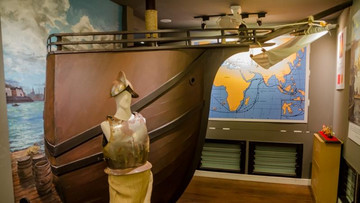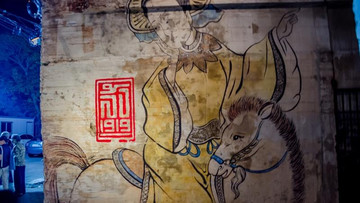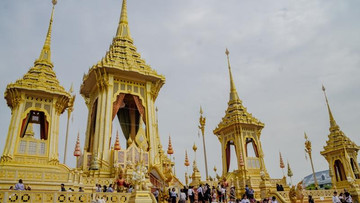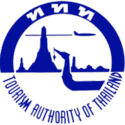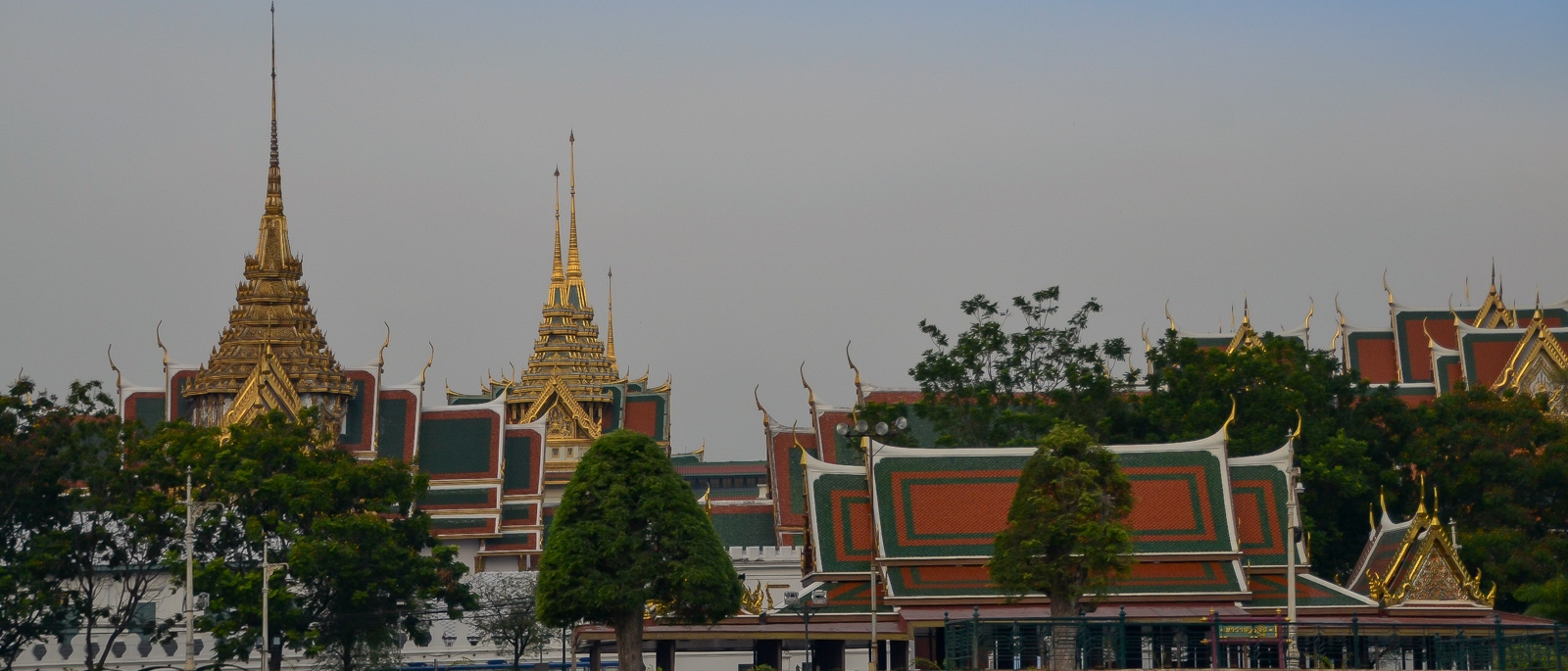
Rules of conduct
Rules of conduct in Thailand
King Maha Vajiralongkorn Bodindradebayavarangkun Rama X.
Public criticism of the king and royal family or defamatory remarks are punishable in Thailand with long prison sentences, even against foreigners, including wilful damage of any kind to portraits of the king or his family. The Thai national anthem is played in all public places and on TV at 8am and 6pm. While the national anthem is playing, you stand motionless from start to finish, even as a foreigner, just like the Thais.
If you go to the cinema, the royal anthem is played before the main film, and people stand up from their seats until the anthem ends, as well as when the king or his family appear in public.
The greeting
In Thailand, the wai is the traditional gesture of greeting. It can be both an act of greeting and an expression of respect, as well as a sign of special thanks or apology.
The wai consists of placing the palms of the hands together. The upper arms remain close to the body without turning the elbows outwards. The joined palms are held vertically close to the body, with the fingertips tilted slightly inwards. The higher the hands are held, the higher the respect of the performer towards the person receiving.
When greeting a respected, seated person, it is good manners to bow the head or make a slight bow at the same time. The greeting can be performed while sitting, standing, walking or even lying down.
The male greeting is "Sawadee krap", while the female greeting is "Sawadee kaa".
The salutation
In Thailand, people do not address each other by their family name or first name. Everyone has a so-called "nick name", which is very short.
It is derived as an abbreviation from the first name or a characteristic of the person. The word "Khun" is placed in front of the name. It is the same for both men and women.
Dress code / Buddha statues
In the area of temples, one must behave respectfully and must observe the prescribed dress code. This is strictly controlled at the main entrance of the Grand Palace, for example.
Also, large Buddha statues should never be climbed for fun or photos. The export, at least of antique Buddha statues, is prohibited by law!
Clean and unclean parts of the body
A Thai is never touched on the head, as this is the seat of the soul and thus considered the most sacred part of the body. If it should happen, an apology is required. One then says "Khow Thod Krab" and makes the wai. In Thailand, the feet represent the lowest part of the body. Anything touched by feet is practically unclean. If you step on someone else's feet, an apology is necessary. Even when sitting, the outstretched feet must never point at anyone else. When entering premises, shoes are always removed. This applies not only in temples or similar places, but also in private premises.
Public criticism
People from Western cultures are often not used to dealing with problems in certain situations in public. In Thailand, criticism is handled very cautiously, as it can lead to an immediate loss of reputation on both sides. Confrontation in public is often avoided. Criticism is only exercised cautiously in Thailand, often in the absence of the person concerned. People express their criticism in a friendly manner with a smile. Small things are often overlooked.
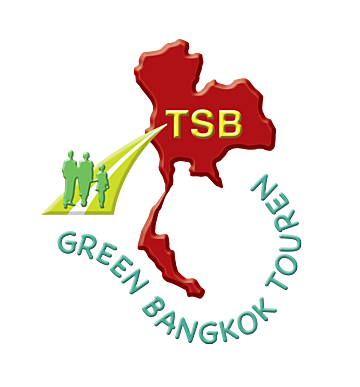
We look forward to your visit to Bangkok and we warmly welcome you.
Your team from Green Bangkok Tours TSB day tours
![[Translate to English:] King King Maha Vajiralongkorn Bodindradebayavarangkun](/fileadmin/_processed_/1/2/csm_verhaltensregeln-King-Maha_6ea009c3e9.jpg)
![[Translate to English:] Kleiderordnung Tempel](/fileadmin/user_upload/Pdf_Dokumente/Kleiderordnung.jpg)
